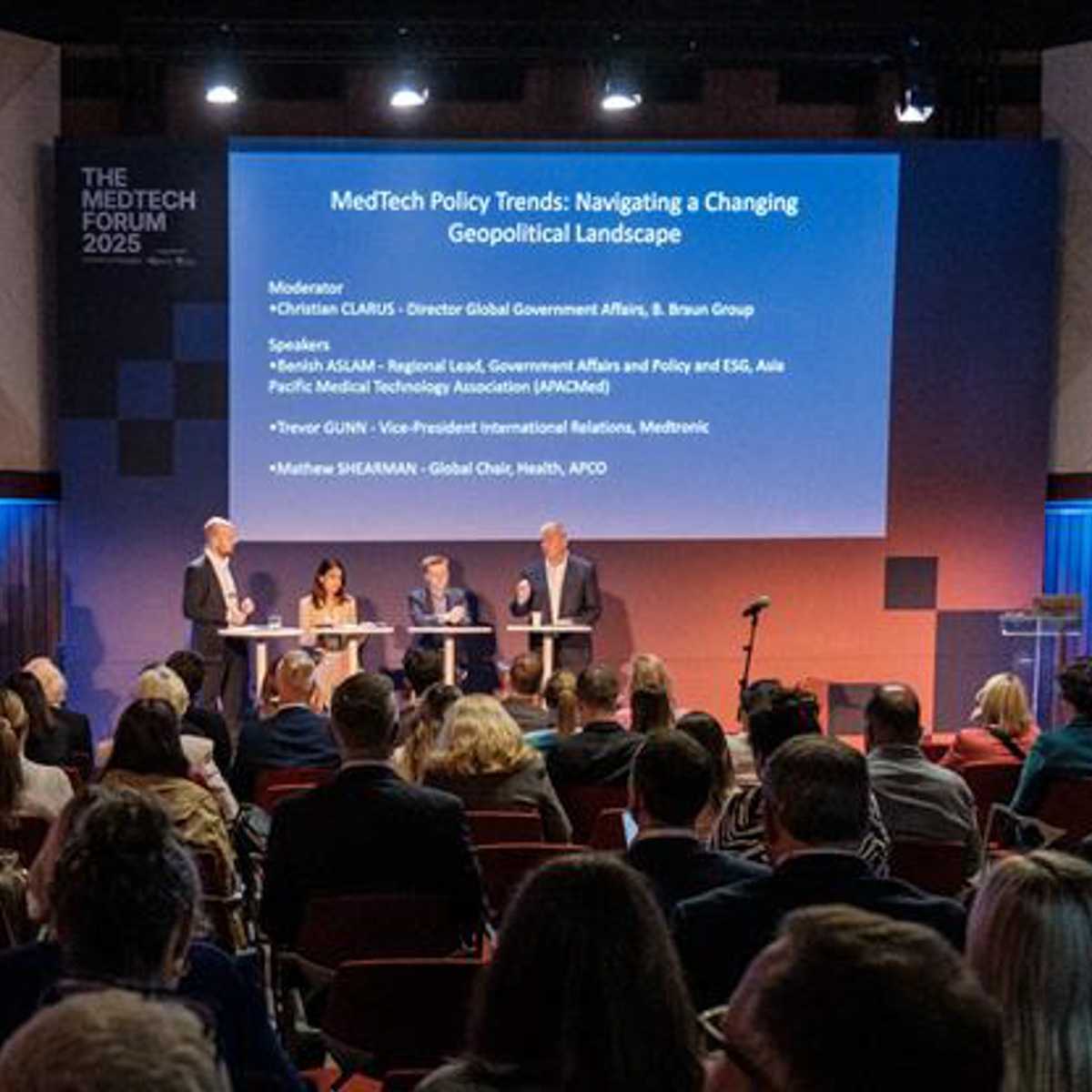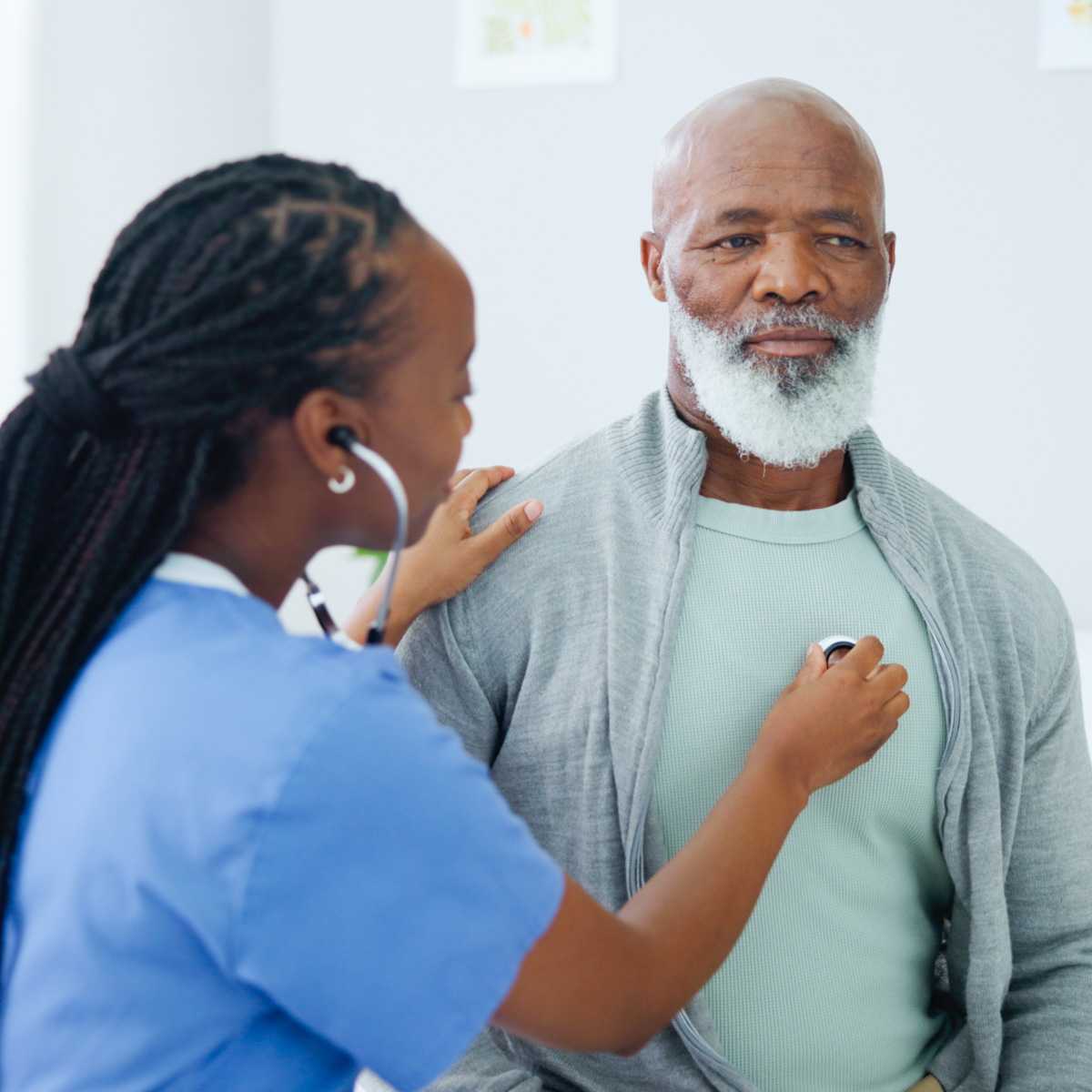

One of the ongoing disappointments of how the COVID-19 pandemic has been managed is the high level of confusion among the public at large. People don’t seem to understand such basics as who and when to get vaccines and boosters, how much protection to expect, the role of masking and washing hands, how to measure immunity, etc. I’m talking about confusion among people who really are interested in protecting themselves and their families.
How often have we been led into a false sense of security that the worst is behind us, only to look at the next day’s headlines that identifies a new surge? How often have we seen the numbers of cases and deaths fluctuate from month to month, without truly understanding what this means. How many days or months have we awaited authorizations from the Food and Drug Administration (FDA) or guidance from the Centers for Disease Control and Prevention (CDC), only to be given confusing or non-practical or non-understandable information?
The failure to educate the public about a far-reaching public health crisis starts with the government, at all levels, but also includes public health officials, academics, private companies, individual physicians, and others. Despite the well-intentioned efforts of talking heads on TV and vast numbers of news stories and tweets, people seeking to responsibly base personal health decisions on government and media information remain confused.
The failure is not in the intention. Government and media for the most part have been trying. The failure is in the execution to date. This pandemic is not over, and better communications now can save lives and resources.
Here are 10 recommendations for how we could do a better job of educating the public about the pandemic:
- Appoint a single government spokesperson who can deliver clear messages. Government spokespeople are scientists who seem to be talking to other scientists, but not to the public.
- Make sure the messages represent a consensus. CDC has often made recommendations that are inconsistent with what other government agencies have said.
- The federal government must coordinate better on messaging with states, counties, and cities. These local entities need to publicly reinforce federal government messages, even while politicians sometimes distort messages for their own purposes.
- The government should avoid reporting interim scientific data or changing recommendations based on the latest numbers or unvalidated studies. Official sources should publicize only fully validated information that has gone through the peer-review or government review process.
- The government needs to explain better to the media and public how it makes decisions and recommendations. We are over two years into this crisis, and who can explain how the vaccine clinical trials were designed, or how they were evaluated by the FDA, or how the CDC decides whether to mask? Early in the pandemic, CDC urged use of cloth covering as masks without explaining that N-95 masks were much more effective but in short supply and needed for health care workers. People still wear cloth coverings, perhaps due to inadequate early messaging.
- The government needs to reach out more often and more aggressively to media, especially to medical commentators who, in the absence of a single authoritative government spokesperson, have become major sources of information about the pandemic. Hold a daily public briefing.
- Aggressive direct outreach to treating physicians is essential. They are the most credible source of information and advice for consumers. Just establishing physician websites or portals is not adequate. There should be a bombardment of emails to practicing physicians.
- Much misinformation comes from the internet. The government has limited authority to regulate internet misinformation, but it needs to use existing legal authorities more effectively to control promotion of quack treatments.
- The government needs to better regulate what pharmaceutical and device companies are saying. Companies, even responsible ones, continue to issue interim data and conclusions before the data are submitted to FDA. Pre-approval promotion is illegal in the ordinary pharmaceutical world but has been permitted for COVID-19 products. Time to stop this.
- The government should sponsor surveys measuring public understanding of the messaging and messengers. Surveys help enable better communications.
This pandemic isn’t over, but we all yearn for pre-pandemic days and have started socializing and returning to offices. To do this safely, we need reliable information to protect ourselves and others. The key to success is not only vaccines and treatments, but changes in how we’ve been communicating.


